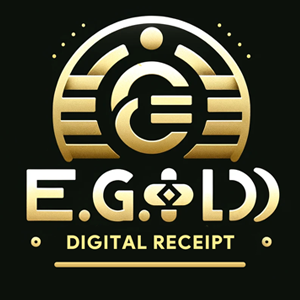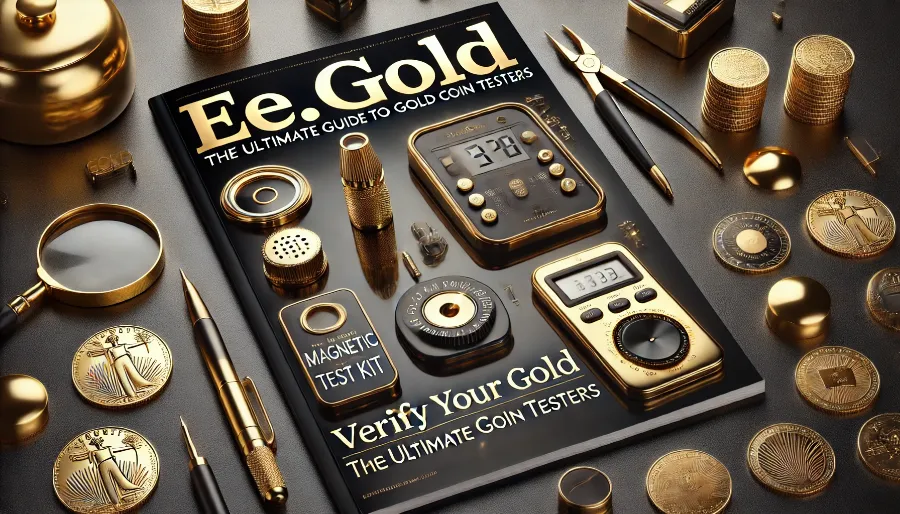
Table of Contents
- What Is a Gold Coin Tester?
- Why Use a Gold Coin Tester in 2025?
- Types of Gold Coin Testers
- Magnetic Gold Testers
- Acid Test Kits for Gold Coins
- Electronic Gold Testers
- X-Ray Fluorescence (XRF) Testers
- How Does a Gold Coin Tester Work?
- Magnetic Testers: Pros and Cons
- Acid Test Kits: A Classic Approach to Coin Testing
- Electronic Gold Testers: Precision and Convenience
- X-Ray Fluorescence (XRF) Testers: The Most Accurate Method
- How to Test Gold Coins Using a Gold Coin Tester
- Step-by-Step Guide for Acid Test
- How to Use an Electronic Tester
- Performing a Magnetic Test
- Factors Affecting the Accuracy of Gold Coin Testers
- What to Do if Your Gold Coin Fails the Test
- Gold Coin Testing for Investors: Why It’s Essential
- Top 5 Gold Coin Testers for 2025
- Where to Buy Gold Coin Testers
- Conclusion: Ensuring Your Gold Investment Is Authentic
- FAQs about Gold Coin Testers
What Is a Gold Coin Tester?
A gold coin tester is a device or a set of tools specifically designed to verify the authenticity and purity of gold coins. These testers are essential for collectors, dealers, and investors in ensuring that the gold coins they own or wish to purchase are legitimate. With the rise in counterfeit coins, it’s more important than ever to use a reliable gold coin tester to avoid losing money on fake or low-quality products.
Why Use a Gold Coin Tester?
Using a gold coin tester provides peace of mind for anyone buying or selling gold coins. Counterfeiting is a growing problem in the gold market, and investing in a good tester ensures you’re dealing with genuine, pure gold. For collectors, ensuring that their collection is authentic adds value and credibility. For investors, it protects their assets, preventing the purchase of coins that could end up being worth far less than expected.
Types of Gold Coin Testers
Magnetic Gold Testers
Magnetic testers work by exploiting the non-magnetic property of pure gold. Fake gold coins often contain metals that are magnetic, so if a coin is attracted to a magnet, it’s not pure gold.
Pros:
- Simple and easy to use
- Inexpensive
- Fast results
Cons:
- Only detects certain types of fake coins
- Does not test purity
Acid Test Kits for Gold Coins
The acid test involves scratching the coin slightly and applying nitric acid to the scratch. The reaction of the acid with the coin’s metal can indicate whether the coin is pure gold.
Pros:
- Accurate and widely used
- Inexpensive
Cons:
- Requires making a small scratch on the coin
- The process can be messy if not handled carefully
Electronic Gold Testers
These devices use advanced technology to measure the conductivity of the coin. Since gold has a specific conductivity level, the tester can quickly determine whether the coin is pure gold and even give a karat rating.
Pros:
- Fast and accurate results
- Non-destructive to the coin
- Measures gold purity in karats
Cons:
- More expensive than simpler methods
- Requires batteries or a power source
X-Ray Fluorescence (XRF) Testers
XRF analyzers are high-tech machines used to scan the coin without causing any damage. These devices can precisely determine the metal composition and purity of the gold.
Pros:
- Most accurate method available
- Non-destructive
- Can analyze multiple metals
Cons:
- Expensive
- Typically used in professional or industrial settings
How Does a Gold Coin Tester Work?
Gold coin testers work by analyzing various physical and chemical properties of the coin. The different types of testers focus on various aspects, such as the magnetic properties, acid reaction, or the coin’s electrical conductivity. By measuring these properties, the tester can provide insight into whether the coin is made from real gold and what its purity is.
- Magnetic testers detect whether the coin contains magnetic materials, which real gold does not.
- Acid tests examine how the coin reacts to certain chemicals, which gives clues about its composition.
- Electronic testers measure the coin's conductivity to determine the purity of the gold.
- XRF analyzers scan the coin with X-rays to determine its exact metal content.
Magnetic Testers: Pros and Cons
Magnetic gold testers use magnets to test whether a coin contains any ferromagnetic materials. Since gold is non-magnetic, a gold coin will not be attracted to the magnet.
Pros:
- Simple and quick to use
- Low cost
- Effective at spotting obvious counterfeits
Cons:
- Only detects ferrous metals (like iron) and not alloys
- Cannot verify the coin's purity
Acid Test Kits: A Classic Approach to Coin Testing
The acid test is one of the oldest and most well-known methods for verifying gold. A small scratch is made on the coin’s surface, and an acid solution is applied to the scratch. If the coin is pure gold, the acid will not cause any significant reaction. However, if the coin contains a different metal, the acid will cause a discoloration.
Pros:
- Widely available and affordable
- Effective if used correctly
Cons:
- Requires careful handling of acid and may damage the coin
- Leaves a permanent mark on the coin
Electronic Gold Testers: Precision and Convenience
Electronic testers use advanced sensors to analyze a coin’s electrical conductivity. Because gold has specific conductivity properties, the tester can measure the coin’s purity and authenticity without causing any damage to it.
Pros:
- Quick and precise
- No physical damage to the coin
- Can provide an exact karat measurement
Cons:
- Higher upfront cost
- Requires batteries or a power source
X-Ray Fluorescence (XRF) Testers: The Most Accurate Method
XRF analyzers are state-of-the-art devices that use X-ray radiation to measure the exact composition of a gold coin. They are used in professional labs to provide the most accurate and detailed information about a coin’s purity and composition.
Pros:
- Extremely accurate and reliable
- Non-destructive testing
- Can analyze multiple metals in the coin
Cons:
- Very expensive
- Not typically accessible for everyday use
How to Test Gold Coins Using a Gold Coin Tester
Step-by-Step Guide for Acid Test
- Clean the coin to remove any dirt.
- Scratch the surface gently to expose the metal.
- Apply a drop of nitric acid to the scratch.
- Observe the reaction. If there’s no change, the coin is likely real gold.
How to Use an Electronic Tester
- Power on the tester.
- Place the gold coin onto the testing plate or probe.
- Wait for the device to display the results.
- Check the reading for purity in karats.
Performing a Magnetic Test
- Hold a magnet near the coin.
- If the coin is attracted to the magnet, it’s not pure gold.
Factors Affecting the Accuracy of Gold Coin Testers
Several elements can influence the results of a gold coin test:
- Coin Condition: Older or worn coins may yield inaccurate results, as wear can affect the properties being tested.
- Coin Alloy: Many gold coins contain alloys, which can impact test results, especially in the case of electronic testers.
- Tester Quality: The reliability of the tester itself is a factor; cheaper models may not offer precise results.
What to Do if Your Gold Coin Fails the Test
If your gold coin fails any of the tests, it’s important to take further action:
- Return the Coin: If you purchased the coin from a dealer, consider returning it for a refund or exchange.
- Get an XRF Test: For confirmation, an XRF test can provide a comprehensive analysis of the coin.
- Report Fraud: If you believe you have encountered a counterfeit coin, report it to the seller and authorities.
Gold Coin Testing for Investors: Why It’s Essential
For gold investors, ensuring the authenticity of your coins is vital. Fake coins can lead to significant financial losses, and counterfeit coins may have little to no resale value. Testing the purity of gold coins ensures that your investments are solid and protected.
Top 5 Gold Coin Testers for 2025
- XRF Analyzer by Thermo Fisher: A top-tier XRF machine, ideal for professionals.
- Electronic Gold Tester by Gold Testing Lab: Fast and reliable, suitable for collectors and investors.
- Acid Test Kit by Kitco: A tried-and-true method for quick testing.
- Magnetic Gold Tester by Regulus: Ideal for spotting basic fakes.
- Precious Metals Tester by Sigma: A well-regarded electronic tester.
Where to Buy Gold Coin Testers
Gold coin testers can be purchased from various online platforms like Amazon, eBay, and specialized precious metal retailers. Some local gold dealers also offer testing services, and many professional jewelers have the necessary tools for testing gold.
Conclusion: Ensuring Your Gold Investment Is Authentic
Gold coin testers provide an invaluable service for anyone dealing in gold. Whether you are a collector, investor, or just curious about your coins, these devices help ensure that you’re working with genuine gold. Testing your gold is essential to protect your financial assets and enjoy the peace of mind that comes with owning authentic, pure gold.
FAQs about Gold Coin Testers
How accurate are gold coin testers?
- Gold coin testers are generally accurate, though the method you use can affect the results. Electronic and XRF testers tend to be the most accurate.
Can I test gold coins at home?
- Yes, you can use a magnetic test or an acid test kit at home, though professional methods like XRF testing are more reliable.
How do I know if my gold coin is pure?
- A gold coin’s purity can be tested using electronic testers or XRF analyzers for a precise result.
Do gold coin testers damage the coin?
- Most methods, like electronic testers and XRF, are non-destructive. Acid tests and scratches for magnetic testing may damage the coin.
What happens if my gold coin fails the test?
- If your gold coin fails a test, you may have a counterfeit or low-purity coin. Further professional testing is recommended to confirm the results.
Common Mistakes When Testing Gold Coins
Even experienced gold enthusiasts can sometimes make mistakes when testing coins. Here are some common pitfalls to avoid:
Not Cleaning the Coin Properly
Before using any gold coin tester, it’s essential to clean the coin to remove dirt, oils, or other substances that could interfere with the testing process. A dirty coin can lead to inaccurate results, especially with acid tests and electronic testers.
Tip: Use a soft cloth or a specialized cleaning solution to gently clean the coin before conducting any test.
Not Understanding the Test Method
Each gold coin testing method has its own limitations. For example, magnetic testers are not effective for detecting all types of counterfeits. If the coin is made of a gold-plated metal with no magnetic properties, a magnetic tester would give you false confidence. Similarly, acid tests may not be as effective on newer gold alloys that are less reactive.
Tip: It’s important to choose the right testing method based on the type of coin and the level of accuracy you need.
Overestimating the Accuracy of Basic Tests
Basic tests like magnetic and acid tests are useful for quickly checking the authenticity of gold coins, but they cannot determine the precise purity or composition of the metal. For those seeking an exact measurement, electronic testers or XRF analyzers are far more reliable.
Tip: If you need to know the exact purity of your gold coin, use an electronic tester or XRF analyzer rather than relying solely on an acid test.
How Gold Coin Testers Can Protect Your Investment
Investing in gold coins can be a rewarding experience, but it’s also fraught with risks, particularly when it comes to counterfeiting. The use of a gold coin tester can help protect your investment by ensuring that your purchases are legitimate, whether you're buying physical gold for wealth preservation or as part of a collector’s portfolio.
Identifying Counterfeit Coins
As counterfeit gold coins become more sophisticated, having a reliable method of verification is essential. A good quality tester will help identify fake coins made of materials like tungsten, which closely mimic the density and weight of gold but have no actual gold content.
Avoiding Financial Loss
If you're buying gold coins for investment purposes, discovering a counterfeit after purchase can be a devastating financial loss. With the proper testing equipment, you can avoid this by verifying the authenticity of the coin before finalizing the purchase.
Maintaining the Value of Your Collection
Collectors often seek rare and historically significant gold coins. Authenticating these coins using a gold coin tester helps maintain the value of the collection, ensuring that you are not misled by a piece that is not what it claims to be.
How to Test Gold Coins When Buying or Selling
When buying or selling gold coins, testing is crucial to ensure a fair transaction. Whether you’re at a pawn shop, a coin show, or dealing with a private seller, it’s important to test the gold coins you're dealing with.
Testing Before Buying
Before purchasing any gold coin, whether from an online seller, a coin dealer, or a private party, it’s best to bring along a gold coin tester. Magnetic tests are great for quick checks, but if you want to verify purity, an electronic tester or an acid test is the way to go.
Tip: Ask the seller for documentation or certification if they claim the coin is pure gold, and double-check the authenticity with your tester before committing to the purchase.
Testing Before Selling
When selling a gold coin, you want to ensure that the buyer is getting exactly what they are paying for. Use a reliable gold coin tester to verify the coin’s purity, especially if the buyer is unfamiliar with the coin or you want to avoid any disputes over its authenticity.
Tip: Be transparent with the buyer about the results of your test. If you have tested the coin and are selling it as genuine, it is important to disclose this information to avoid future issues.
How to Choose the Right Gold Coin Tester for Your Needs
When selecting a gold coin tester, there are several factors to consider to make sure you get the best tool for your needs. Here are a few things to keep in mind:
Budget
Testers can range from relatively inexpensive acid test kits to high-end XRF analyzers. Decide how much you are willing to invest in a tester based on your needs. For quick checks, a basic tester may suffice, but if you are looking for more detailed analysis, you may need to invest in more advanced technology.
Accuracy Requirements
If you only need to confirm whether a coin is made of gold or not, a magnetic tester or acid test kit may be sufficient. However, if you're dealing with high-value coins and need precise measurements of purity, an electronic gold tester or XRF analyzer is your best option.
Ease of Use
While some testers like magnetic testers are extremely simple to use, others, like XRF analyzers, may require professional expertise or a learning curve. Consider how comfortable you are with operating the device and whether you need any special training to use it effectively.
Portability
If you plan on taking your gold coin tester to coin shows or using it while traveling, you may want to consider a portable option. Electronic testers are typically compact and easy to carry, while acid test kits are lightweight and convenient for on-the-go testing.
Where to Buy Gold Coin Testers
Gold coin testers can be found in various places, both online and offline. Here are a few common places to purchase gold testers:
Online Retailers
- Amazon: A great place to compare prices and read user reviews. You can find everything from simple acid test kits to professional XRF analyzers.
- eBay: Many second-hand or refurbished testers are available, offering a cost-effective option if you're willing to buy used equipment.
- Specialized Gold Retailers: Websites like Kitco and APMEX often carry gold testing equipment alongside their inventory of gold coins.
Physical Stores
- Jewelry Stores: Many jewelry stores sell gold coin testers or offer testing services for a fee.
- Coin Dealers: Some professional coin dealers offer testing equipment or even conduct tests on-site to verify the authenticity of coins.
- Pawn Shops: While pawn shops may have gold coin testers, it’s always wise to double-check the results to ensure accuracy.
Final Thoughts on Gold Coin Testers
Gold coin testers are essential tools for anyone involved in buying, selling, or collecting gold coins. By using the appropriate tester, you can ensure that your investments are secure and that the coins in your possession are authentic. Whether you are a casual collector or a serious investor, having a reliable gold coin tester in your toolkit can save you time, money, and frustration.
NOTE
This Content is the copyrighted content of EE.GOLD. All rights are reserved. You are welcome to share or use our content only by including direct links to our website. Any other form of reproduction, distribution, or use without proper attribution is strictly prohibited.
This Content is intended solely for educational purposes. The information provided does not constitute financial or investment advice.
Please note that Digital Storage Receipt, Secure Storage Solutions, and Physical Gold Sales are the only services offered by EE.GOLD.
We strictly adhere to government regulations and are firmly against all illegal financial or investment activities globally.
For further inquiries, feel free to contact us through our official channels.

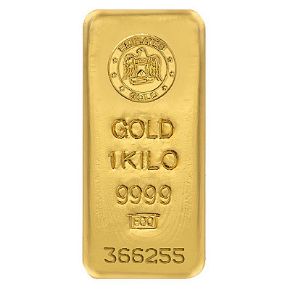
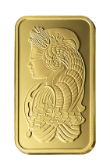



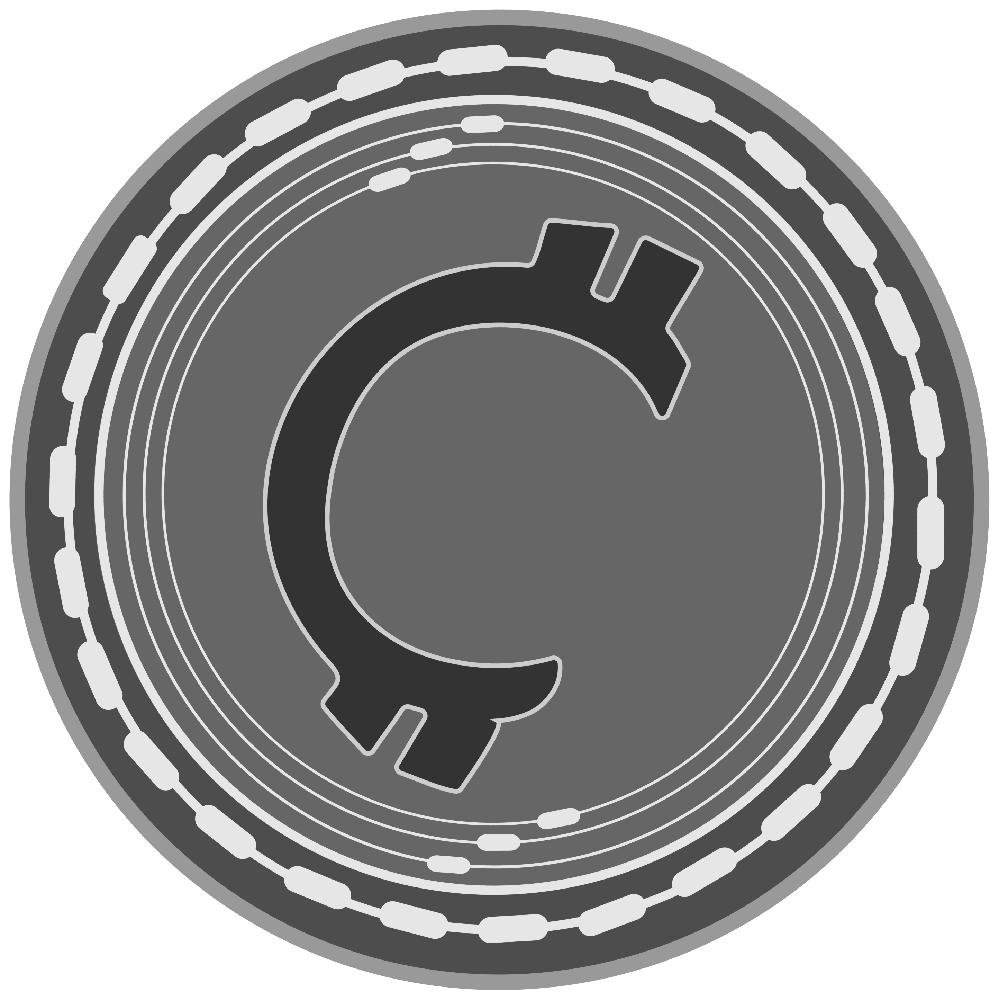



.png)

